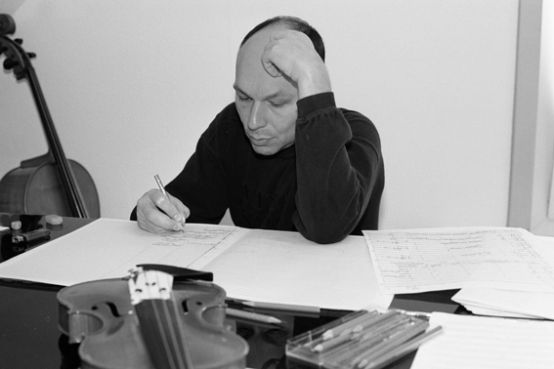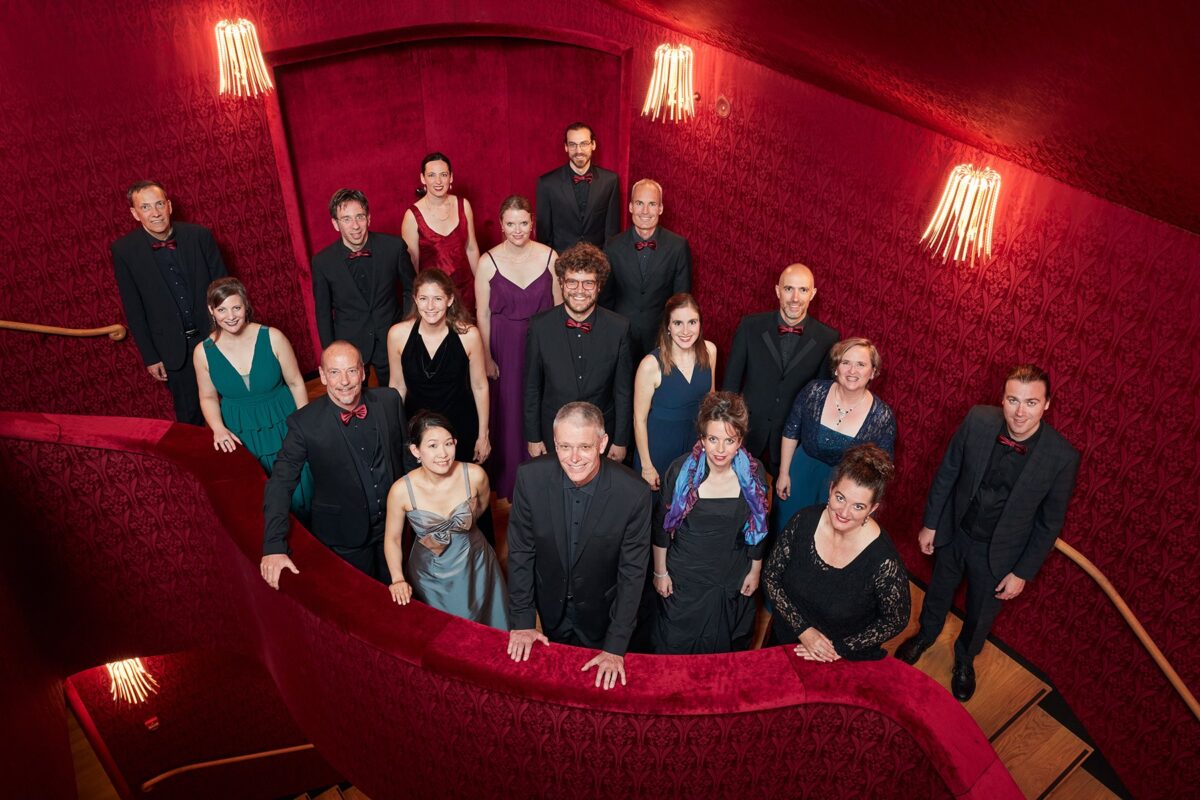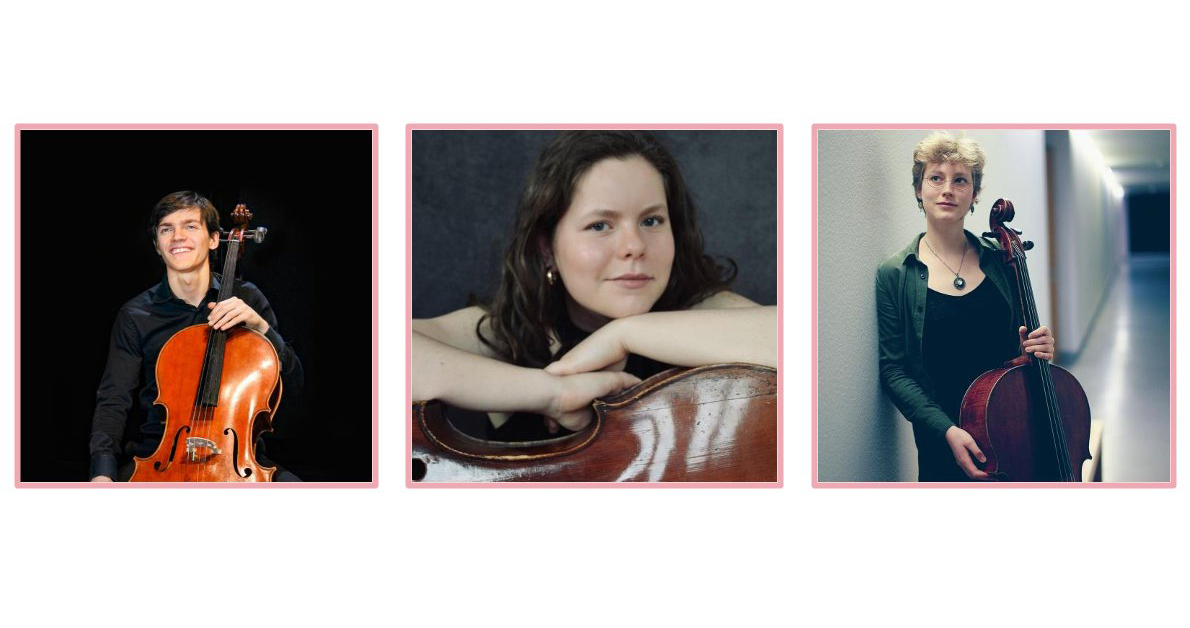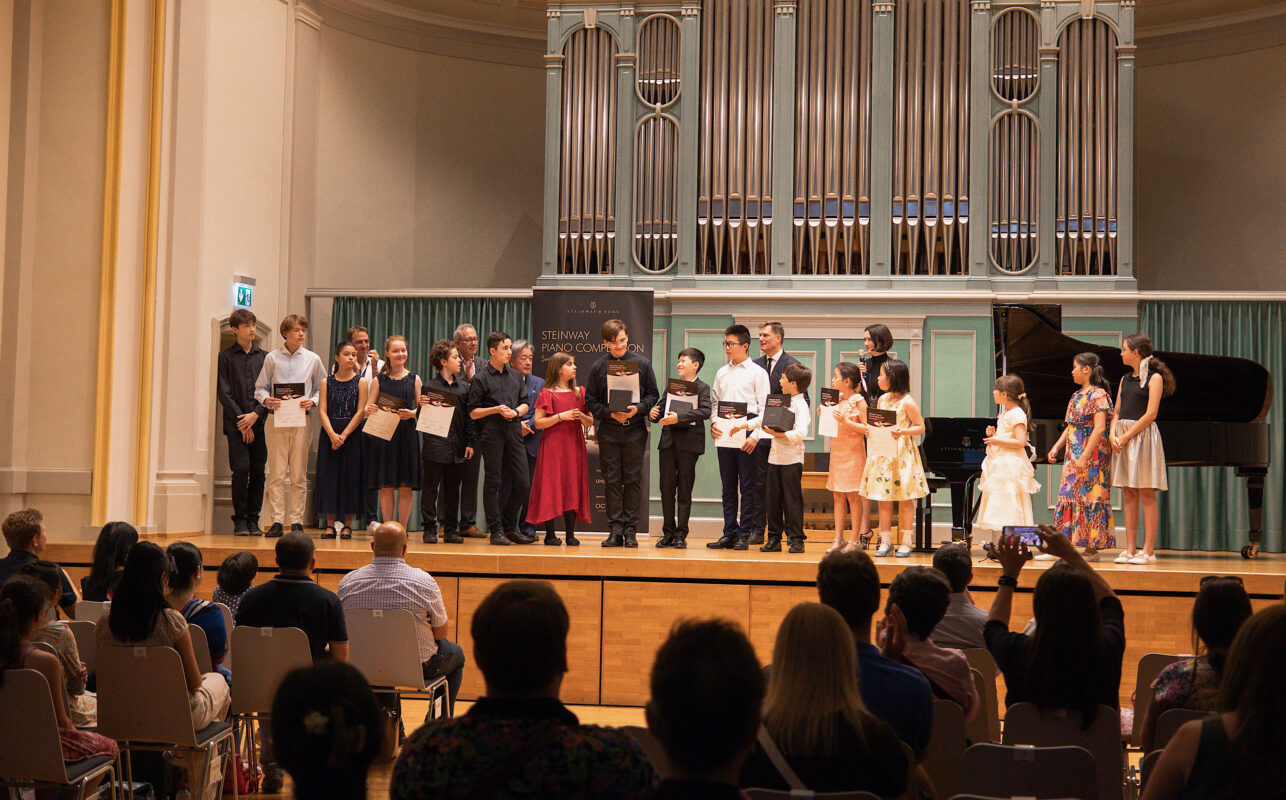Wittendrin and all around
The Wittener Tage für neue Kammermusik put the Swiss composer Dieter Ammann in the spotlight. The world premiere of the violin concerto "unbalanced instability" was particularly eagerly awaited.

This year's 45th Wittener Tage für neue Kammermusik took place from April 26 to 28. For 24 years, they have been directed by WDR editor Harry Vogt - his longtime predecessor in the same position was Wilfried Brennecke, who passed away last summer. The world premiere of Dieter Ammann's Violin Concerto, commissioned by WDR (Westdeutscher Rundfunk Köln) and the Lucerne Festival, was eagerly awaited as the crowning finale of the last of the six main concerts. Soloist Carolin Widmann and the WDR Symphony Orchestra played under the direction of Emilio Pomàrico. Barely audible, the work began without a bow, plucked once, tapped once on the fingerboard and plucked once more, promisingly unconventional. However, it all too quickly descended into the grammar of beautiful melody, which is characterized by famous classical-romantic violin concertos, interrupted by runs and, above all, chord breaks, whereby much, indeed all too much, was lost in the orchestral sound, for which neither the excellent conductor nor the intensity of the soloist were to blame. It is a virtuoso concerto, 24 minutes long, with a large cadenza full of trills and chord breaks towards the end.
Orchestral instead of chamber music
The chamber music by Ammann heard earlier was much more convincing: his second string quartet, the so-called Distance quartetplayed captivatingly by the French Quatuor Diotima, the Piece for Cello with the programmatic subtitle "Imagination against numbers" and above all the ten-minute flute-clarinet duet Cutea masterful piece of contemporary sound development, which was also masterfully performed by Martin Fahlenbock and Shizuyo Oka from ensemble recherche. The core result of the musically illustrated public interview: Ammann, born in 1962 in Aarau, who grew up as a rock musician and jazz musician, refuses to plan a work holistically from the outset, instead working his way forward note by note, idea by idea, open to all possibilities at all times. This works extremely well for a lively duet, but less so for a large-scale orchestral piece. The performance of the large WDR symphony orchestra, in violation of the guiding theme of chamber music, was something of a small financial demonstration, intended to show that the WDR will continue and maintain the festival, even though the city of Witten is broke and can no longer contribute to the costs.
Unexpected sound experiments convince
The concert opens with the incredibly witty Variations for 23 instruments, reduced to a kind of birdsong and in this respect reaching the subtlety of Anton Webern, called Quicklya late work (1994) by Niccolò Castiglioni, who died in 1996, was more chamber orchestral; and also Si l'essence et sans fard by Julien Jamet is extraordinarily omitted from the movement, baroquely idyllic in the sense of his teacher Pesson, very peculiar in its contemplativeness, while Vykintas Baltakas in saxordionphonics for saxophone (Marcus Weiss), accordion (Teodoro Anzellotti) and orchestra with powerful brass staccato in metric shifts, but then breaks up the blocks into transparent pieces.
Incidentally, of the 15 world premieres, most of which were commissioned by various institutions, few could be described as successful. But alongside a very virtuoso earlier trio (1998, clarinet-cello-piano) by Georges Aperghis, two newcomers were very convincing: the 25-year-old Turk Emre Sihan Kaleli with his Seventeen Thoughts on a Chamber Concertoin which he transforms the twelve instruments into a dense, very moving, harp-like sound, and the 37-year-old Hungarian Márton Illés, who eerily enriches the sound of a clarinet-cello-piano trio with a keyboard a quarter tone lower and leads it to exciting climaxes. The American Ming Tsao, a musician and musicologist who now lives in Gothenburg, has - something that no one has yet attempted - reworked Stockhausen's Plus minus from 1963 and produced a convincing half-hour of music based on the original formulas with a great deal of imagination, a sense of sound and a penchant for witty surprises.
The fact that the Japanese pay particular attention to sound is nothing new. What the 43-year-old Misato Mochizuki in outrenoir tried to musically approach the "otherworldly black" of the painter Pierre Soulages through a study in quiet depth, has failed honorably: boredom spreads. And the same thing happens, in a different way, in the Sombras by Alberto Posadas, composed for soprano (Sarah Maria Sun), clarinet (Carl Rosman) and string quartet (Quatuor Diotima) in five intertwining scorings (text Cioran) with a duration of 66 minutes, the singing always at the very highest heights.
Despite the lack of money, the city made a valuable contribution with small public events in various locations, which it called Wittendrin: with an interactive self-playing piano in a streetcar hall (Peter Ablinger), with doors to nowhere that sound when opened (Close the door, it's roaring! by Erwin Stache), with Sound TÜV/music sales from household liquidations (Matthias Kaul), Retrouvailles (two acquaintances meet on the street, precisely played by Richard Dubelski and Christian Dierstein) and a big parade including a streetcar (Incidental pieces: Swifts by Manos Tsangaris, directed by the author). With such smaller and larger events, the city's population is made aware of this important and already traditional event. The concerts are more or less sold out, with the majority of visitors coming from outside the city.








